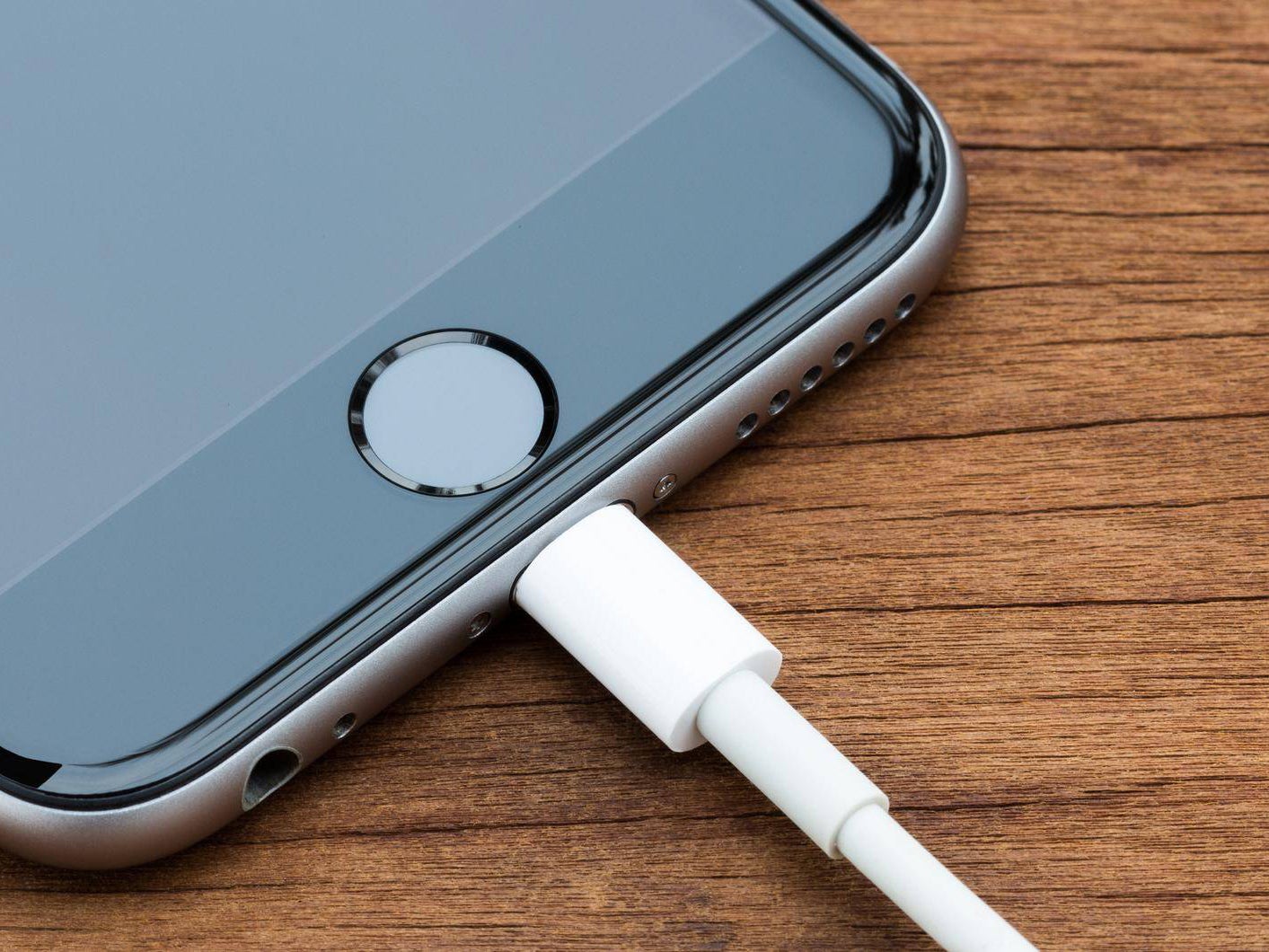The Independent's journalism is supported by our readers. When you purchase through links on our site, we may earn commission.
Apple sued for deliberately slowing down iPhones
Tech giant admits that it throttles performance on some mobile handsets as a precautionary measure, to stop them from shutting down unexpectedly or breaking altogether

Apple is being sued after admitting that it did not tell customers that it slowed down some iPhones as they get older.
A number of lawsuits have been filed against the tech giant. One accuses it of trying to “fraudulently induce consumers to purchase the latest iPhone versions”.
Apple has admitted that it throttles performance on some mobile handsets as a precautionary measure, to stop them from shutting down unexpectedly or breaking altogether.
But it denied that it was doing so to encourage consumers to buy newer models. The Independent has contacted the company for comment but none had arrived at the time of publication.
A class-action lawsuit filed in California by Stefan Bogdanovich and Dakota Speas, alleges the throttling of iPhone performance caused them to suffer “economic damages and other harm for which they are entitled to compensation”.
First seen by TMZ, it states that they were “never given the option to bargain or choose whether they preferred to have their iPhones slower than normal”.
A separate lawsuit filed by five customers who live in Illinois, Ohio, Indiana and North Carolina, alleges that the tech giant “purposefully neglected to explain that the slowdowns in older model device performance and resulting lost or diminished operating performance could be remedied by replacing the batteries of these devices”.
“Apple purposefully declined to make these disclosures because it knew that consumers would, more likely than not, purchase a new device out of (a) loyalty to Apple and/or (b) because Apple knew that its consumers desired to have devices performing at optimal speed that they had previously be used to," according to the Chicago Sun Times which originally reported the lawsuit.
Apple has been criticised for failing to make users aware of the practice before this week.
Consumers who have had their iPhones throttled can regain higher levels of performance by replacing their battery, which costs up to £79 – far less than upgrading to a newer model.
iPhones use lithium-ion batteries, which degrade over time. Apple says that if it did not reduce performance there would be a greater risk of internal components being damaged.
“Last year we released a feature for iPhone 6, iPhone 6s and iPhone SE to smooth out the instantaneous peaks only when needed to prevent the device from unexpectedly shutting down during these conditions,” the company said this week.
“We’ve now extended that feature to iPhone 7 with iOS 11.2, and plan to add support for other products in the future.”
Join our commenting forum
Join thought-provoking conversations, follow other Independent readers and see their replies
Comments
Bookmark popover
Removed from bookmarks